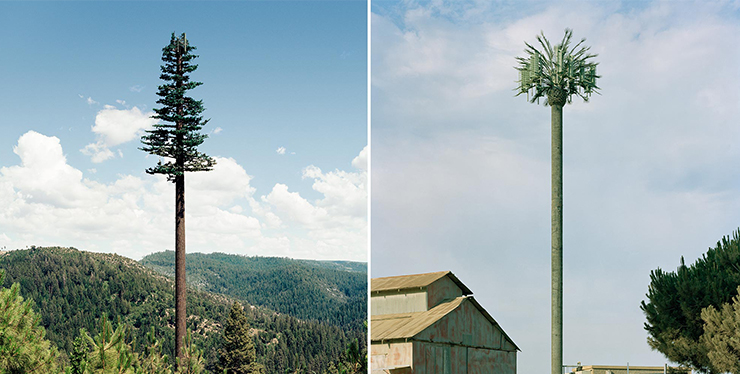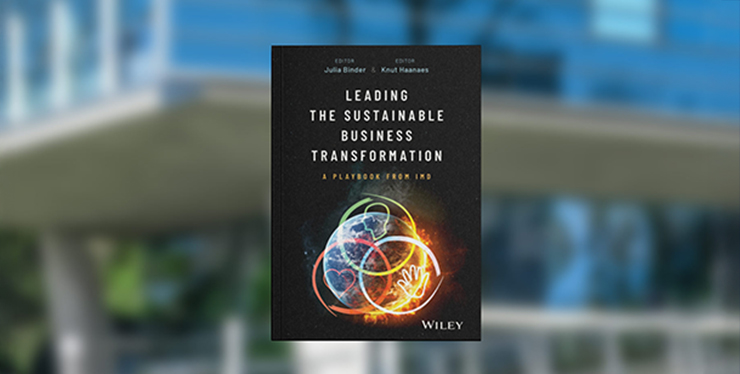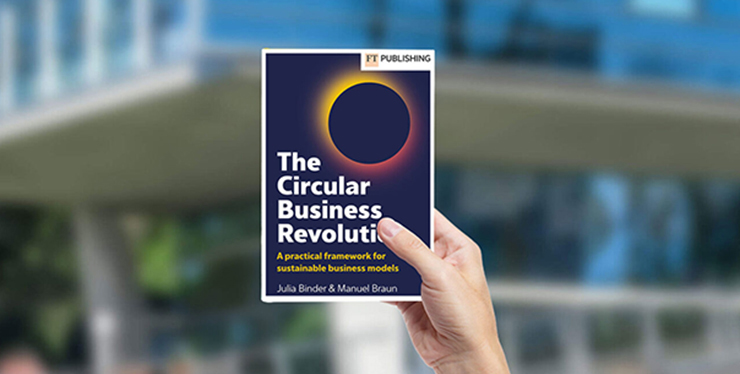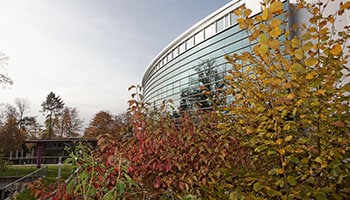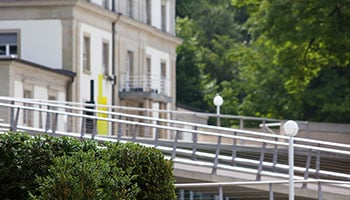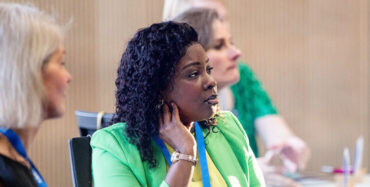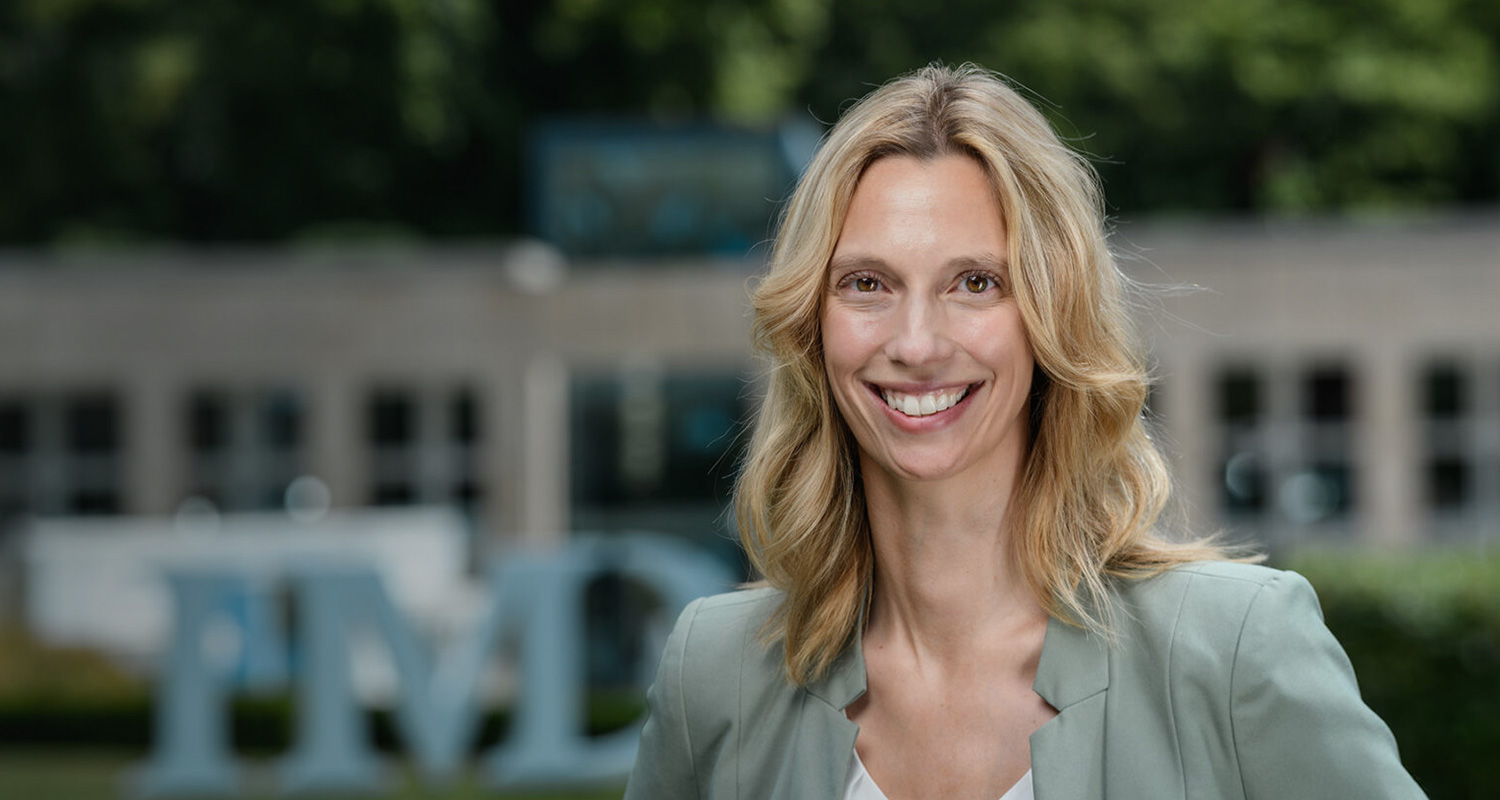
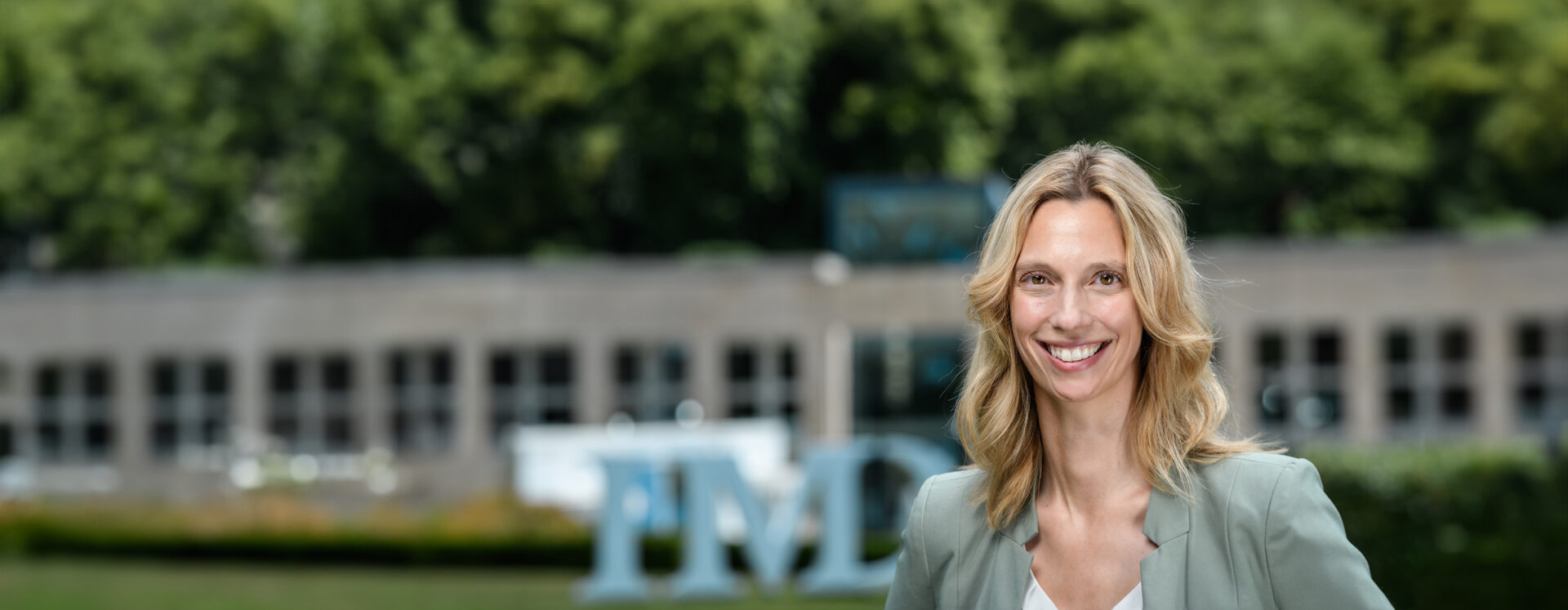
Julia Binder
Professor of Sustainable Innovation and Business Transformation
Marketing, University of Edinburgh, Scotland
Entrepreneurship/Entrepreneurial Studies, Technische Universität München
Named on Thinkers50 Radar list of management thinkers to watch in the coming year (2022)
World Open Innovation Conference Best Emerging Scholar Paper Award (2019)
Bavarian Culture Prize for best PhD thesis (2017)
Julia Binder is Professor of Sustainable Innovation and Business Transformation, and Program Director of IMD’s Creating Value in the Circular Economy program. She is a renowned thought leader, recognized on the 2022 Thinkers50 Radar list for her work at the intersection of sustainability and innovation. Her research and teaching delve into the intricate processes, strategies, and mechanisms enabling business leaders to integrate economic, social, and environmental impact into innovative business models.
As Director of IMD’s Center for Sustainable and Inclusive Business, Binder is dedicated to leveraging IMD’s diverse expertise on sustainability topics to guide business leaders as they work to discover innovative solutions to contemporary challenges. Acting as a bridge between theory and practice, the Center outlines tangible pathways for businesses to undergo meaningful and sustainable change toward a more inclusive and sustainable business world.
Related Resources
Businesses have the power to shape a sustainable future, yet to enable such profound transformations they themselves need to change – and it is no exaggeration to say that this transformation is by far the biggest organizational challenge of our time.
Despite companies often being criticized as part of the sustainability problem, Binder believes that harnessing their size and scale for positive impact is crucial in our collective efforts to halt environmental degradation and reduce social inequalities. With over a decade devoted to sustainability research, she explores how businesses can drive meaningful change, advocating for new economic models prioritizing both people and the planet.
In her upcoming book, The Circular Business Revolution (Pearson, 2024), co-authored with Manuel Braun, the pair navigate the theoretical promise of the circular economy, transforming it into tangible and actionable business opportunities. Through an in-depth analysis of numerous real-world cases, the book not only exemplifies how a circular business transformation can harmonize environmental and business impact but also illuminates the crucial bottlenecks that must be navigated for success on the revolutionary journey from linear to circular businesses.
Binder achieved her PhD with summa cum laude honors from the Technical University of Munich, where her thesis focused on sustainable entrepreneurship. Currently, her research spans a diverse spectrum within the realm of sustainable business, delving into circular and regenerative business models, sustainable business transformation, and digital sustainability. Her work has been published in esteemed journals such as the Journal of Business Venturing, Entrepreneurship Theory and Practice, Academy of Management Review, and Harvard Business Review.
At IMD, Binder serves as Program Director for Creating Value in the Circular Economy and teaches in key open programs including the Advanced Management Program (AMP), Transition to Business Leadership (TBL), TransformTech (TT), and Leading Sustainable Business Transformation (LSBT). She is involved in the school’s EMBA and MBA programs and contributes to IMD’s custom programs, crafting transformative learning journeys for clients globally.
Before joining IMD in 2021, Binder was Deputy to the Vice President for Innovation at École polytechnique fédérale de Lausanne (EPFL) and led the school’s sustainability initiative Tech4Impact. In this role, she established a multi-stakeholder platform to realize innovative and entrepreneurial solutions for sustainable impact.
